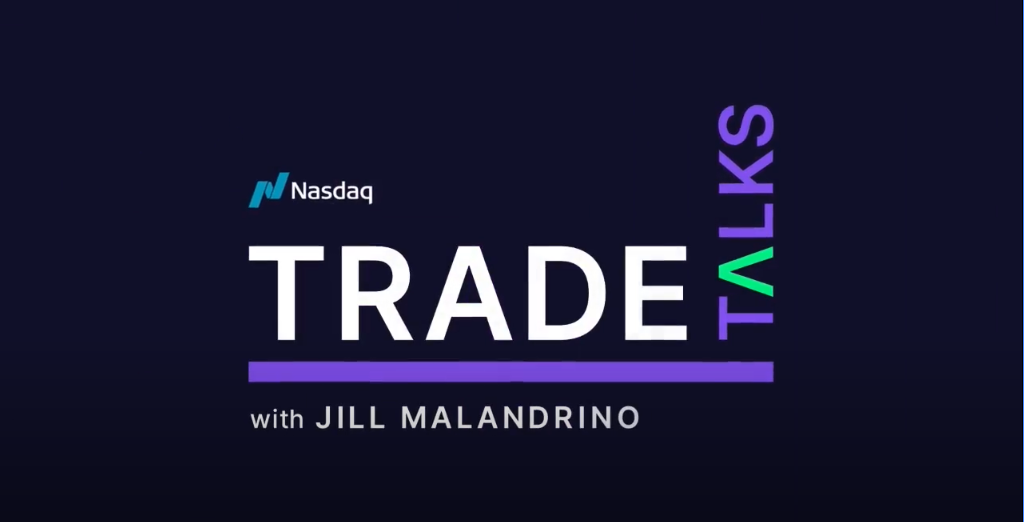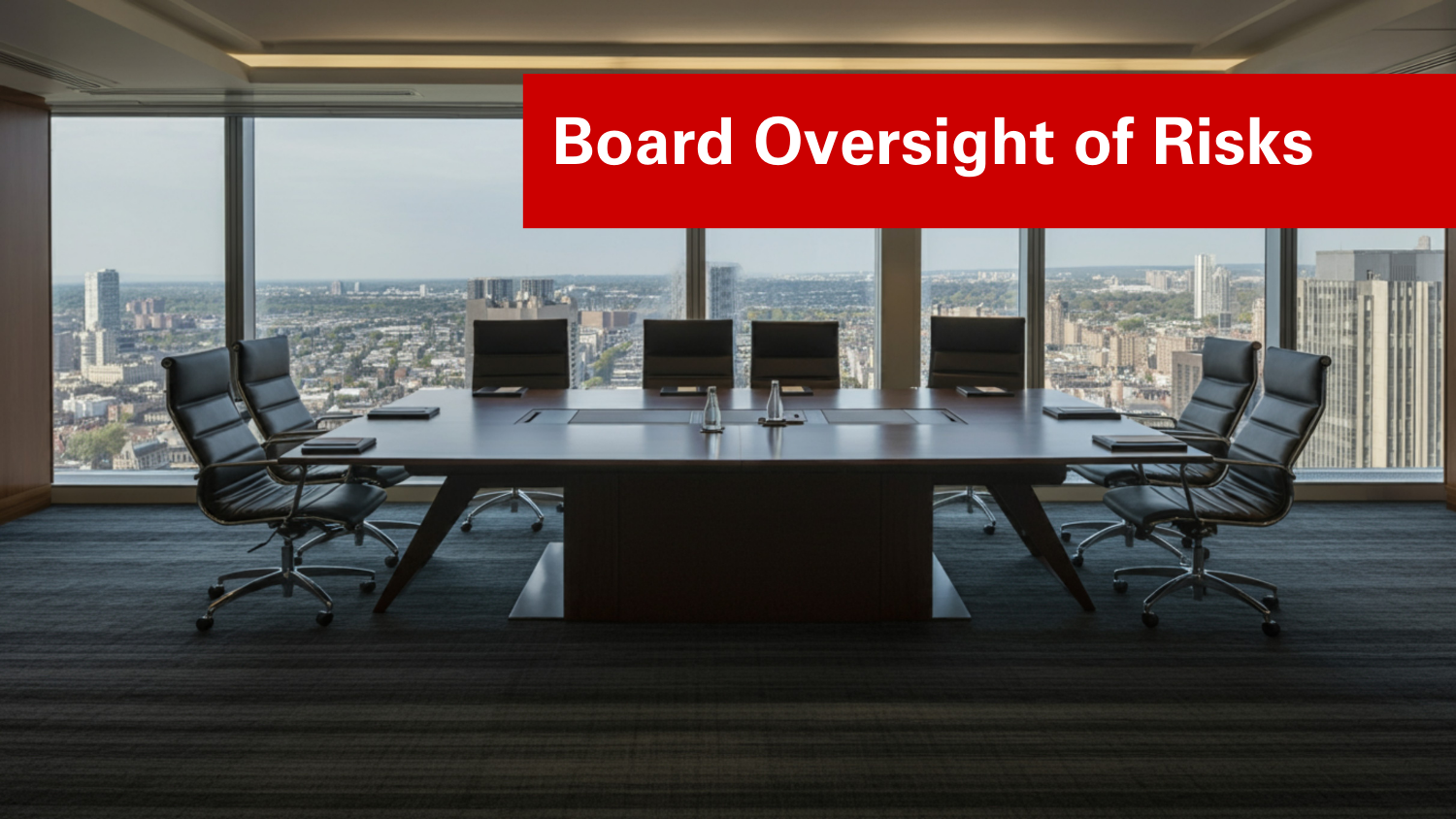Risk Management in Deloitte’s 2011 Board Practices Report
The Board Practices Report summarizes the findings of a questionnaire that covered 19 areas of board practice. These topics covered in the survey conducted by Deloitte included both established board practices as well as recent efforts in governance regulation. The report is separated out between public company survey results and non-public company survey results. The first section represents 175 public companies, while thirty-three participants were included in the “non-public” company sector. In addition, this eighth edition of the report includes a new section on analysis of director qualifications. Findings on strategy and risk oversight, which are some of the primary roles of the board, are discussed below.
Strategy
A primary responsibility of the board is to help guide and oversee the strategy of the organization designed by management. Boards that consist of a wide-range of experienced directors can be a vital asset to the execution of an organization’s strategy. Interestingly, the level of involvement of boards in the strategic direction of the organization can vary.
The recent financial crisis has put more of a spotlight on boards questioning their role in strategy design, implementation, and oversight. Boards are now being expected to play a more active role in discussing an organization’s strategy.
Here are some of the findings regarding the current level of involvement by boards in strategic issues:
- 52% of all public companies discuss such objectives at every board meeting, and 62% hold an annual offsite strategy meeting with management.
- 58% of small-cap and 53% of mid-cap companies said the level of board involvement in setting strategy was increasing, while 60% of large-cap companies said it has remained the same.
- More than 90% of all public companies said that management develops strategy and the board advises, challenges, and approves it.
- Only 15% of small-cap companies indicated the board and management develop strategy together.
Risk Oversight
While boards play a key role in helping define and execute an organization’s strategy, they also play a key role in the oversight of risks taken in the pursuit of strategic goals and objectives. The recent financial crisis has highlighted the important role boards play in evaluating whether the nature and extent of risk-taking by management in the pursuit of strategic goals is within stakeholder appetite for risk-taking. Interestingly, the manner in which boards approach risk oversight varies. Here are some key findings:
- While there is an increased pressure for boards to spend more time on overseeing risk management, board approaches to risk oversight appear to be mixed with regard to how they assign primary responsibility.
- Roughly 60% of respondents assigned primary responsibility to the audit committee at small- and mid-cap companies, but only 30% of large-cap companies indicated this.
- About half of all respondents indicated that risk oversight responsibilities are spread across all board committees, and about 60% claim the full board is responsible for risk oversight.
- Within financial services companies, about a third have a board risk committee as compared to 8% of non-financial services companies.
- Given the nature of their business, companies in the financial services industry tend to have more developed risk oversight and management practices.
- 88% of all public companies responded that their company aligns risk oversight/ risk management with the company’s strategy.
In addition to these survey findings related to strategy and risk oversight, the Deloitte report also highlights finding related to other board issues, such as board selection and recruitment, CEO succession planning, CEO performance evaluation, board evaluations, among others.
Original Article: “Board Practices Report”, Deloitte, 2011


